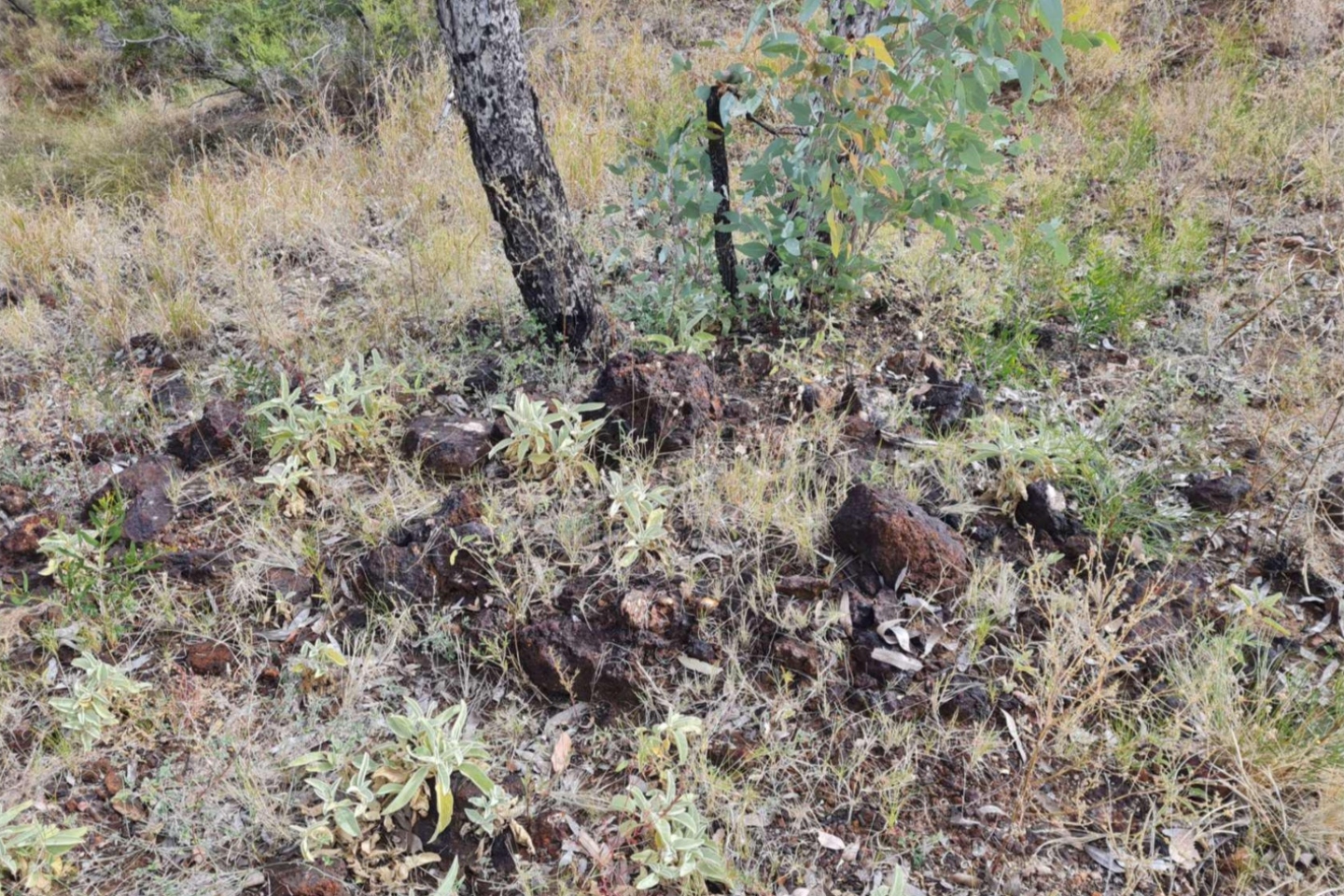Carnaby Resources has identified its undrilled San Quentin prospect as a new copper target, with rock-chip grades going up to 6.7 per cent at the Greater Duchess project it shares with Latitude 66 in Queensland. Sitting 2km to the south-east of the JV’s Nil Desperandum copper discovery near Mount Isa, management says San Quentin is showing 800m of outcropping mineralisation.


Carnaby Resources has identified its San Quentin prospect as a new copper target, with rock-chip grades going up to 6.7 per cent at the joint venture (JV) Greater Duchess project it shares with Latitude 66 in Queensland.
Sitting 2km to the south-east of the JV’s Nil Desperandum copper discovery near Mount Isa, management says San Quentin is an undrilled copper-mineralised corridor showing 800m of outcropping mineralisation.
The San Quentin corridor lies 2km south-east of the 4.2 million-tonne, 1.3 per cent Nil Desperandum copper discovery. Carnaby says the copper-rich zone appears to line up directly with versatile time domain electromagnetic (VTEM) conductors identified in a recent survey, which has boosted its confidence in the prospectivity of other untested VTEM conductors in the area.
In addition to receiving the rock-chip assays, Carnaby – which is the Greater Duchess operator and has an 82.5 per cent slice, with Latitude owning the remainder of the JV – has also revealed the results of a recent drilling program at the Burke & Wills prospect and from maiden drilling campaigns at the Deejay and Jude targets.
At Burke & Wills – a junior prospect of the 2.7 million-tonne Lady Fanny deposit – new drilling results show highlights including an intercept of 13m at 2.7 per cent copper and 0.2 grams per tonne of gold. The results will help contribute to the growing high-grade mineral resource at the JV’s satellite target, which currently stands at 400,000 tonnes running at 2.2 per cent copper, by extending the known mineralised zone to more than 300m of strike.
At Deejay and Jude, assays from a four-hole reverse-circulation (RC) program revealed grade values of between 33 per cent and 250 per cent higher than the initial portable x-ray fluorescence (pXRF) results had indicated.
One hole drilled at Deejay, 275m along strike and to the south of Jude, hit 15m at 1 per cent copper and 0.2g/t gold from 31m, prompting some rapid downhole electromagnetic (EM) work and additional imminent drilling is now being planned.
One of the three other holes drilled 275m to the north of Deejay at Jude also recorded a hit of 2m at 3.7 per cent copper and 0.4g/t gold from 45m.
According to management, the prospect remains completely open to the north and undrilled for 500m before any other known mineralisation is encountered at a patch called Spring Creek. In essence, the entire 1.3km Deejay-to-Spring Creek corridor is now regarded as highly-prospective for large-scale copper and gold mineralisation, with only five RC holes drilled there to date.
Carnaby and Latitude still have a further 3200 samples from across the Greater Duchess area awaiting laboratory analysis, with results pending in the next few months. If the assays match up with the VTEM data and information revealed at San Quentin today, the JV could be looking at multiple new targets to explore.
Carnaby Resources managing director Robert Watkins said: “It is highly exciting to discover a complete new undrilled copper mineralised corridor at San Quentin. This was the first field reconnaissance visit to any of the numerous new VTEM conductors. The first diamond drill core from Burke & Wills is also significant showing high continuity, breccia fault-controlled high-grade copper gold mineralisation.”
The Greater Duchess project covers more than 1900 square kilometres in the southern Mount Isa region – an area renowned for multiple iron oxide-copper-gold (IOCG) deposits. Just 70km south of Mount Isa, the project benefits from its proximity to top-notch infrastructure and a highly-skilled workforce attached to contract mining and haulage operators.
Carnaby is now working on a prefeasibility study (PFS) on the jointly-owned grounds. It is expected to be handed down in the next few months and will be critical to future development plans.
As it stands, Greater Duchess is shaping up to be a serious standalone operation with plenty of exploration upside and already has a global resource of 281,000 tonnes of copper equivalent. And Latitude, as the junior partner, is in the envious position of being able to benefit from Carnaby’s hard work, while it focuses on its own 600,000-tonne northern European gold and copper project in Finland.
Is your ASX-listed company doing something interesting? Contact: matt.birney@businessnews.com.au













